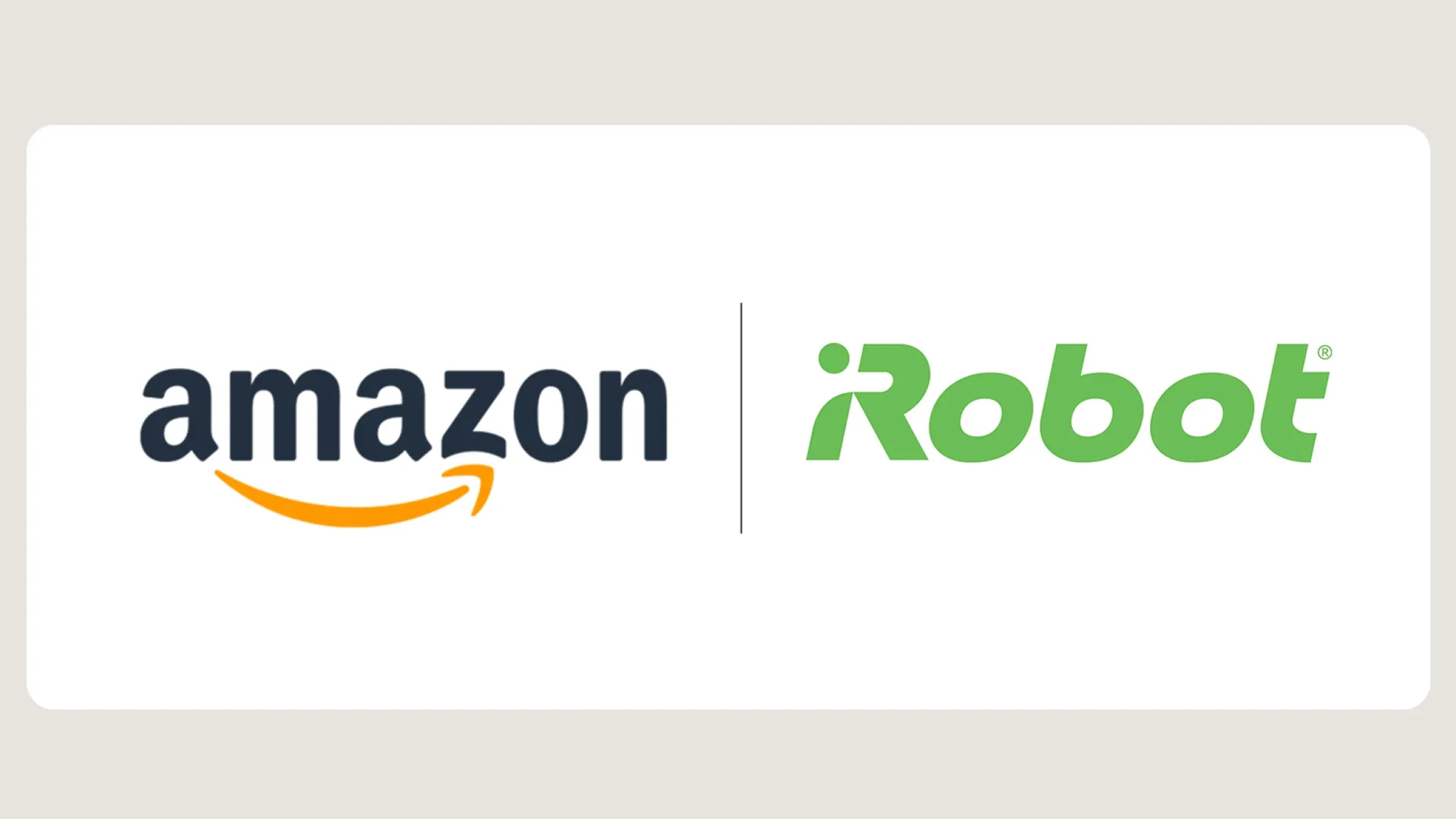Amazon has abandoned its $1.4 billion takeover of robot vacuum maker iRobot.
The deal was announced in 2022, with Amazon looking to increase its presence in the smart home market beyond its Echo smart speakers and Ring home security products.
In a statement, iRobot founder Colin Angle – who also said that he has stepped down as chief executive – confirmed reports that the deal had no path to regulatory approval in Europe, adding that he and the board “mutually decided that iRobot will be better served by a new leader with turnaround experience."
The announcement came after EU antitrust chief Margrethe Vestager said the European Commission’s investigation into the merger had concluded that "the acquisition of iRobot would have enabled Amazon to foreclose iRobot's rivals by restricting or degrading access to Amazon stores."
Most of the concerns surrounded Amazon’s retail dominance and ability to potentially delist rival robot vacuum cleaners, reduce visibility of rivals or raise the advertising costs of rivals, Vestager said.
Regulators in the US had also raised concerns over the deal, with Reuters reporting that the Federal Trade Commission was poised to reject the deal before it was abandoned. A source told the newswire that FTC staff last week told Amazon that they planned to recommend the commission vote to sue to block the deal.
Amazon had been set to hold a final meeting with the FTC on Monday before it could have voted to approve a legal challenge.
Commenting on the news, David Zapolsky, Amazon's general counsel, said: "We're disappointed that Amazon's acquisition of iRobot could not proceed. We're believers in the future of consumer robotics in the home and have always been fans of iRobot's products.”
Amazon will pay iRobot a $94 million termination fee, while iRobot has announced a restructuring plan that would cut around 350 jobs.
Latest News
-
Meta and Nvidia sign multiyear chip deal worth tens of billions of dollars
-
Amazon to open zero carbon delivery station in Stockton-on-Tees
-
EU launches formal Shein probe over illegal products and 'addictive' design
-
DBS Bank trials Visa's agentic commerce tools in Asia Pacific first
-
Government campaign urges SMEs to 'lock the door' on cyber criminals
-
Unilever partners with Google Cloud to support business transformation
The future-ready CFO: Driving strategic growth and innovation
This National Technology News webinar sponsored by Sage will explore how CFOs can leverage their unique blend of financial acumen, technological savvy, and strategic mindset to foster cross-functional collaboration and shape overall company direction. Attendees will gain insights into breaking down operational silos, aligning goals across departments like IT, operations, HR, and marketing, and utilising technology to enable real-time data sharing and visibility.
The corporate roadmap to payment excellence: Keeping pace with emerging trends to maximise growth opportunities
In today's rapidly evolving finance and accounting landscape, one of the biggest challenges organisations face is attracting and retaining top talent. As automation and AI revolutionise the profession, finance teams require new skillsets centred on analysis, collaboration, and strategic thinking to drive sustainable competitive advantage.
© 2019 Perspective Publishing Privacy & Cookies










Recent Stories